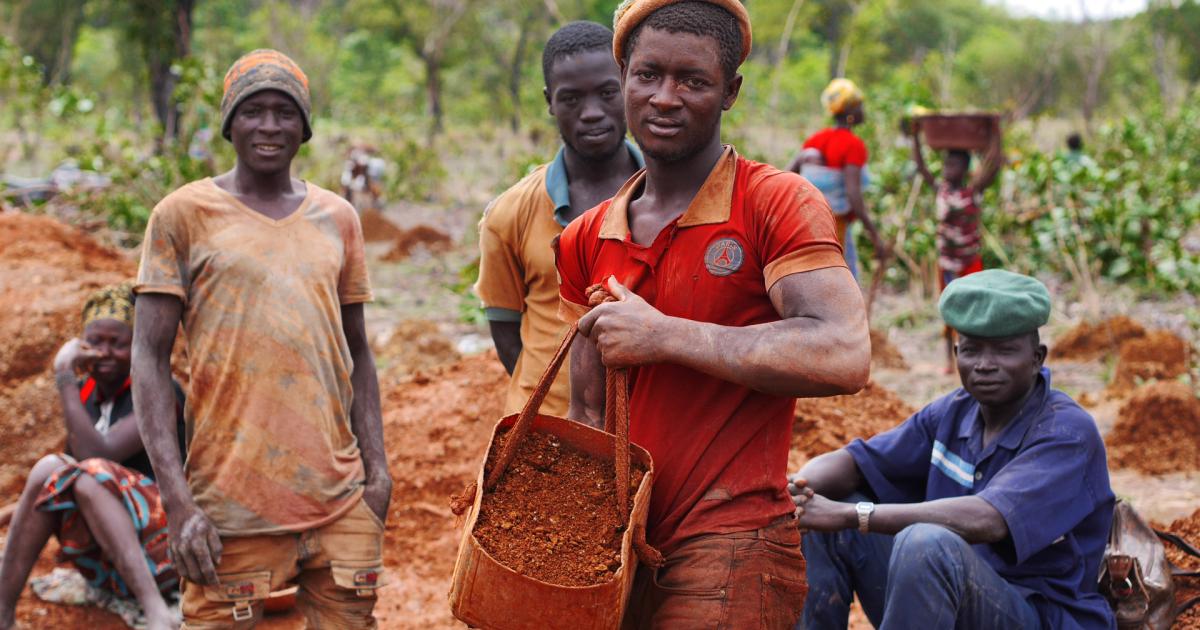Banjul, 25 July – The United Nations Network on Migration for West and Central Africa, co-chaired by the International Organization for Migration (IOM) and the Office of the High Commissioner on Human Rights (OHCHR), in coordination with the Government of The Gambia, hosted an interregional dialogue on the implementation of the Global Compact for Safe, Orderly and Regular Migration (GCM) in Africa and the Americas. This event brought together nine Inter-State Consultation Mechanisms on Migration (ISCMs) to discuss their concrete contributions to the implementation of the GCM.
“Our collective goal is clear: to achieve a comprehensive understanding of the GCM’s footprint across Africa and the Americas to co-create a joint declaration that will significantly contribute to the GCM Regional Reviews,” said Karl Frédérick Paul, UN Resident Coordinator in The Gambia. “Let’s not forget the human stories behind the statistics – migration is about people, their aspirations, and their journeys and has the potential to be a driver of development, economic growth and positive change.”
This two-day event aimed to enhance information sharing on emerging migration trends and data collection across regions. Participants* assessed the progress made and a report on the key findings will be presented at the GCM Regional Review meetings in October 2024 for Africa and in March 2025 for the Americas.
Key areas discussed included the issue of missing migrants and related data, enhancing regular pathways while ensuring the protection of migrants, the increase in climate mobility and the need for adaptive solutions, and the benefits of harmonizing regional policies and legislation, among other topics.
The GCM refers to ISCMs as key actors in migration governance and GCM implementation, follow-up and review, as they offer valuable forums for discussing regional challenges and solutions for GCM implementation.
“It is key to work together to harness the benefits of safe, orderly and regular migration, contributing not only to the objectives of the GCM but also to the Sustainable Development Goals,” said Kristina Mejo, IOM Senior Regional Liaison and Policy Advisor for West and Central Africa.
“By bringing together two continents, we create a unique platform for sharing best practices and common challenges, ensuring a coordinated and inclusive approach to migration governance,” added Tshenolo Florence Omphitlhetse, representing the Pan-African Forum on migration.
*Participants included senior technical representatives from ISCMs and Regional Consultative Processes (RCPs), such as the Migration Dialogue for Southern Africa (MIDSA), Migration Dialogue for COMESA Member States (MIDCOM), Regional Ministerial Forum on Migration for East and Horn of Africa (RMFM), Pan African Forum on Migration (PAFOM), Regional Conference on Migration (RCM), South American Conference on Migration (SACM), Ibero-American Network of Migration Authorities (RIAM), and Central American Commission of Migration Directors (OCAM) underscoring the key role of RCPs in regional migration governance dialogues. The League of Arab States also participated as the Technical secretariat of the Arab Regional Consultative Process on Migration and Refugee Affairs.
The GCM, adopted by the United Nations General Assembly in 2018, provides a comprehensive framework for governing migration in a safe, orderly and regular manner. It calls for shared responsibilities and collective action among Member States to address the complexities of migration.
The event was made possible through the financial support of the U.S. Department of State Bureau of Population, Refugees and Migration through the Africa Regional Migration Program, and the Kingdom of Netherlands through the PROMIS program.
The final report will be issued in the coming days.
* * *
For more information about the event, please contact:
IOM in West and Central Africa: Joëlle Furrer, [email protected]
For more information about the GCM and the review process, please contact:
UN Network on Migration secretariat: Florence Kim, [email protected]



